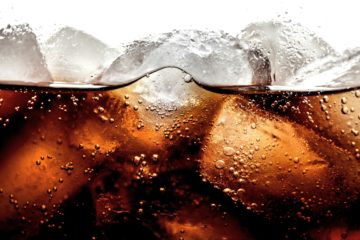

By: Keri Peterson, MD -- December 12, 2017 -- Numerous studies have proven and authorities have confirmed that low-calorie sweeteners are safe and do not contribute to health ailments. While media reports have suggested possible links between diet soda consumption and stroke, dementia, weight gain and tooth decay, such claims...
Read More
A STATEMENT FROM THE CALORIE CONTROL COUNCIL About Claims that Diet Soda causes Weight Gain: Low- and no-calorie foods and beverages are a proven tool in helping manage weight. Multiple studies (referenced below) have shown changes in behavior and diet, including regular intake of diet sodas, result in successful weight...
Read More
Dr. Keri Peterson Medical Advisor to the Calorie Control Council Have you ever been told that low-calorie sweetened foods or drinks will make you crave sugar even more? This myth has been perpetuated on blogs and talk shows all over the media. The thought behind this belief is that if...
Read More
MYTH: Low-calorie sweeteners, such as aspartame, promote Metabolic Syndrome, glucose intolerance, and increased risk of diabetes. FACT: Aspartame has no effect on blood sugar levels; it has been declared safe for people with diabetes. [su_table] Human Clinical Trials Maersk et al, AJCN, 2012 (http://ajcn.nutrition.org/content/95/2/283.full.pdf+html) Overview 6-month intervention, (RCT), n=47...
Read More
MYTH: Low-calorie sweeteners, such as aspartame, increase desire for sweets, promote hunger, and decrease satiety. Claim: By “confusing” our taste preferences, leading to altered taste perception and a preference for high-calorie ad sweet-tasting foods and beverages. FACT: Studies on humans (as opposed to rats) show that including low-calorie sweeteners like...
Read More
Myth: Low-calorie sweeteners, such as aspartame, cause weight gain. FACT: Trial after trial consistently demonstrates that substituting aspartame and other low cal sweeteners for caloric sweeteners are associated with modest weight loss. [su_table] HUMAN CLINICAL TRIALS -- Modest weight loss with substitution of diet products/beverages Blackburn et al, AJCN,...
Read More